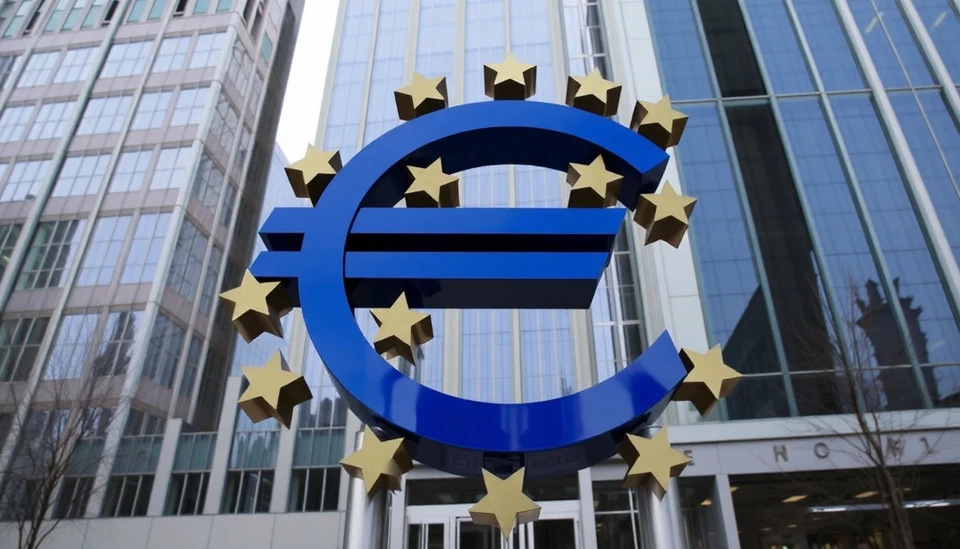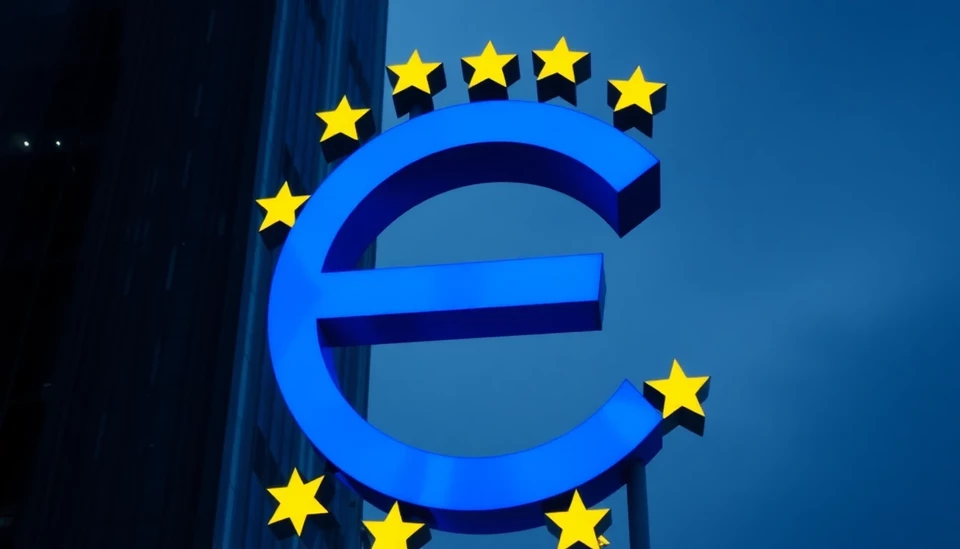
In a significant development for the Euro Zone's economy, recent data reveals that inflation rates are slowing down, creating a climate that may influence European Central Bank (ECB) policymakers to pause any further interest rate hikes. This change comes as the region grapples with persistent economic challenges alongside a shifting global financial landscape.
Latest statistics indicate that inflation in the Euro Zone has eased considerably, aligning with broader expectations that the economy is gradually stabilizing. The latest consumer price index data highlighted a modest rise, suggesting a downward trend from prior months. Euro Zone inflation was recorded at 5.7% for March, which is a marked decrease compared to the previous month. This drop has raised hopes among business leaders and consumers that the decrease could signal a return to more manageable economic conditions.
The reduced inflation rates have placed ECB officials in a pivotal position, prompting discussions on whether to pause the series of interest rate increases that have characterized their monetary policy in recent years. As the ECB has been persistently combating inflation, this new data offers a moment of reflection, allowing officials to weigh the implications of their next steps carefully.
Interest rates have been on an upward trajectory, an effort to curb rising inflation and stabilize the economy. However, the moderation in inflation could provide the ECB the flexibility to reassess its approach, potentially opting for a rate cut or a prolonged pause in rate hikes to foster economic growth.
Experts suggest that any decision regarding interest rates will depend heavily on forthcoming economic indicators. The ECB's primary aim remains to keep inflation expectations anchored while promoting sustainable growth. Influential voices within the ECB are advocating for caution, emphasizing the need for a considered analysis of economic data before entering a new phase of monetary policy.
This evolving scenario has created ripples across various sectors, impacting everything from bond markets to currency valuations. Investors are closely monitoring statements from ECB officials, as their insights may provide clues about the central bank’s direction in the coming months.
As the Euro Zone continues to navigate these complexities, the overarching question remains whether the slowing inflation is indicative of a larger trend toward economic resilience or a momentary fluctuation. With such critical decisions on the horizon, the attention of investors and economic analysts remains firmly fixed on the ECB's upcoming meetings and announcements.
The situation illustrates the delicate balance the ECB must maintain amid changing economic tides and the ongoing challenges posed by global economic conditions. As the landscape continues to evolve, stakeholders across the Euro Zone will be eager to see how policymaking adapts to ensure financial stability and support growth.
In conclusion, as the Euro Zone grapples with these significant developments in inflation and monetary policy, the next steps taken by the ECB will be of utmost importance, not only for the region but for the global economy at large.
#Eurozone #Inflation #ECB #InterestRates #EconomicTrends
Author: Daniel Foster




